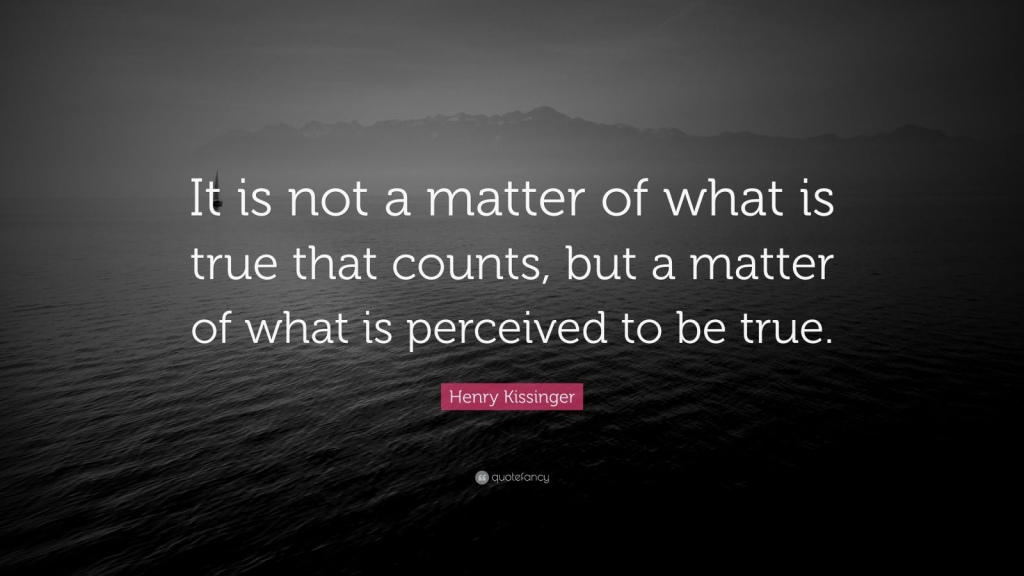Tag: Warsaw Pact
A Permanent Arms Economy
The background to the article reprinted here is the “long boom” of western capitalism during the 1950s and 1960s. It first appeared in International Socialism journal in Spring 1967. On the surface it appeared that the capitalist system had stabilised itself, had broken out of the boom-slump cycle and was now able to offer the workers of Western Europe and North America a steady increase in living standards.
This was a frustrating world for Marxists, who found themselves subject to two temptations. One was to surrender to the claims poured out by the system’s apologists that capitalism had solved its problems and that the path of gradual reform offered a sure road to socialism. The other was to deny the obvious signs of stability and prosperity and assert that capitalism was on the verge of imminent, catastrophic collapse. If these temptations were to be avoided, and Marx’s analysis of capitalism’s contradictions was to hold, then the long boom must be explained.
The NATO “solution”
The focus of political and media attention has inevitably turned from Europe to the Middle East, where the United States, through the Secretary of the Pentagon, has insisted on “Israel’s right to defend itself,” has welcomed the assassinations of Hezbollah leaders carried out by means of massive bombings in Beirut, and has given explicit approval to the ground operation with which Tel Aviv and Washington claim to want to “dismantle the attack infrastructure along the border to ensure that the Lebanese Hezbollah cannot carry out attacks in the style of October 7 against communities in northern Israel.” The precedent of the last twelve months in Gaza, the West Bank, Syria, Yemen and Lebanon foreshadows what the ways of defending oneself against Israel will be and that the United States will continue to justify any excess, selective assassination or massacre, while any response, such as that which occurred yesterday with the launching of Iranian missiles against Israeli military bases, will be considered an unacceptable escalation. And although Ukraine’s public concern for securing priority war status has not yet begun, any escalating war could affect Kiev, especially when it comes to imposing its discourse of existential war on the West as a collective.
Read More »
Sean Gervasi, 1992 lecture: The US Strategy to Dismantle the USSR
Sean Gervasi, 1992 lecture: The US Strategy to Dismantle the USSR
Related RAND Corporation documents:
Economic factors affecting Soviet foreign and defense policy: a summary outline
The Costs of the Soviet Empire
Sitting on bayonets : the Soviet defense burden and the slowdown of Soviet defense spending
ECOWAS: A PRIMER
ECOWAS in the larger context of Africa’s historic interactions with China, France, USA, UK and Russia
ECOWAS : A PRIMER
Chas Freeman: The Many Lessons of the Ukraine War
I want to speak to you tonight about Ukraine – what has happened to it and why, how it is likely to emerge from the ordeal to which great power rivalry has subjected it; and what we can learn from this. I do so with some trepidation and a warning to this audience. My talk, like the conflict in Ukraine, is a long and complicated one. It contradicts propaganda that has been very convincing. My talk will offend anyone committed to the official narrative. The way the American media have dealt with the Ukraine war brings to mind a comment by Mark Twain: “The researches of many commentators have already thrown much darkness on this subject, and it is probable that, if they continue, we shall soon know nothing at all about it.”
Chas Freeman: The Many Lessons of the Ukraine War
Declassified: Yugoslavia’s ‘Propaganda Value’ for British Spies
Declassified files shed fascinating light on how during the Cold War, Yugoslavia was a subject of intense cloak-and-dagger interest to British intelligence propagandists within Information Research Department (IRD).
Declassified: Yugoslavia’s ‘Propaganda Value’ for British Spies
Related:
NATO Keeps Saying Things NATO Doesn’t Let You Say
There are two things that go off script and are not allowed to be said. Every official statement or mainstream media article that mentions the war in Ukraine must call it an unprovoked war. You are not allowed to say that NATO expansion east, potentially to Ukraine and right up to Russia’s borders, was a provocation, even if you add that it does not justify the war. And you are not allowed to say that it is time for Ukraine to negotiate with Russia and that conceding territory must be on the table. In the past couple of weeks, top NATO officials have said them both.
NATO Keeps Saying Things NATO Doesn’t Let You Say
How Fake News Shapes World Order

In 1989, the American public was flooded with iconic images of brave Chinese students standing up to Chinese Communist tanks in Tiananmen Square—students who were then brutally slaughtered by the Chinese military. Or so we were led to believe.
Was There Really a Massacre in Tiananmen Square–or Was It an Illusion Fabricated by U.S. Politicians and Corporate Media to Make Americans Hate China?
H/T: Emil Cosman
Related:
Zionist Secret Service & White Russian Army
The War in Ukraine Was Provoked—and Why That Matters to Achieve Peace

By recognizing that the question of NATO enlargement is at the center of this war, we understand why U.S. weaponry will not end this war. Only diplomatic efforts can do that.
The War in Ukraine Was Provoked—and Why That Matters to Achieve Peace

You must be logged in to post a comment.